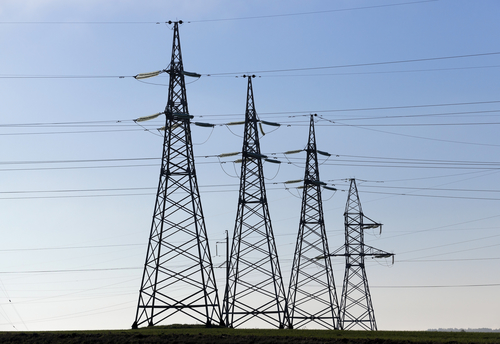 Energy disputes can be contentious matters involving a number of parties such as private companies, landowners, customers and regulatory agencies. Alternative dispute resolution is increasingly becoming a preferred method to involve disputes arising in this industry due to the significant advantages that it has over traditional litigation.
Energy disputes can be contentious matters involving a number of parties such as private companies, landowners, customers and regulatory agencies. Alternative dispute resolution is increasingly becoming a preferred method to involve disputes arising in this industry due to the significant advantages that it has over traditional litigation.
Energy disputes are often complex and may include problems such as titles to oil and gas rights, exploration and production disputes, lease termination, royalties, contracts, construction of pipelines and energy facilities and other energy-related disputes. In this manner, energy disputes may involve various aspects of the law beyond energy law. They may involve commercial law, contracts, real property law and other aspects of the law. One of the primary benefits of mediation is the ability to select a mediator who has an in-depth knowledge of these issues and a proven track record of resolving complex disputes of this nature.
During mediation, the parties are each given an opportunity to explain why they believe the dispute arose and what they are hoping to gain from the mediation process. The mediator may be able to suggest other benefits that can be realized through resolving the dispute in mediation, such as the saving of time and money that would otherwise be redirected toward litigation.
The parties may be divided into private caucuses where the mediator can meet with each party individually. This process allows the mediator to uncover the hidden interests of the parties that can be considered during possible negotiations. Additionally, the mediator can provide an objective opinion about the potential outcomes that could arrive in litigation so that the parties can make well-informed decisions about how to resolve their case. Many cases resolved in mediation emerge with relationships intact and creative solutions to the underlying problem.





 Mediation in energy disputes is an alternative to litigation. It can be used in a variety of cases, including in cases in which damages need to be assessed due to service interruptions, grid issues, explosions or environmental violations. Mediation may be used when only private parties are involved, a regulatory agency is a named party or when companies are in dispute. This method can successfully resolve issues related to supply contracts, royalty interests, international manufacturers, joint venture agreements, defective products and more.
Mediation in energy disputes is an alternative to litigation. It can be used in a variety of cases, including in cases in which damages need to be assessed due to service interruptions, grid issues, explosions or environmental violations. Mediation may be used when only private parties are involved, a regulatory agency is a named party or when companies are in dispute. This method can successfully resolve issues related to supply contracts, royalty interests, international manufacturers, joint venture agreements, defective products and more.